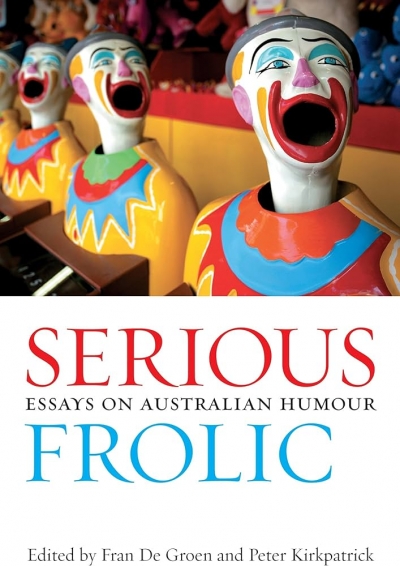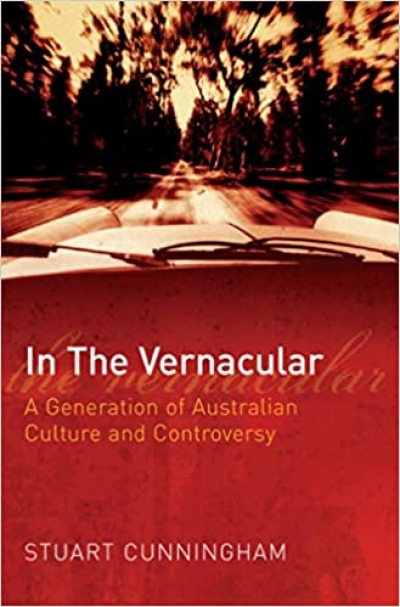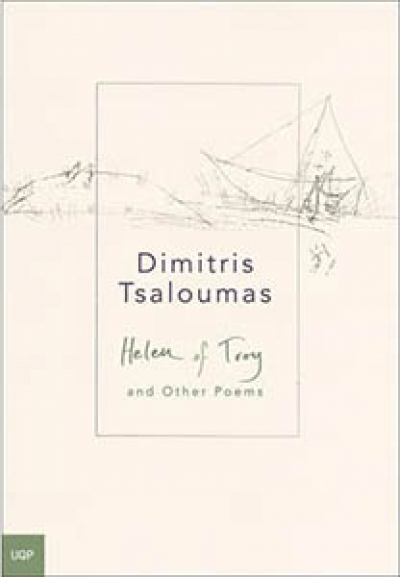University of Queensland Press
Serious Frolic: Essays on Australian Humor edited by Fran de Greon and Peter Kirkpatrick
by Robert Phiddian •
In the Vernacular: A generation of Australian culture and controversy by Stuart Cunningham
by Jake Wilson •
The Best Australian Poems 2007 edited by Peter Rose & The Best Australian Poetry 2007 edited by John Tranter
by Gregory Kratzmann •
Sweeping the Light Back into the Mirror by Nathan Shepherdson
by Melissa Ashley •










